Fondant vs. Gumpaste: 5 Key Differences for Cake Decorators

When it comes to creating stunning cakes, cake decorators often find themselves at a crossroads when deciding between fondant and gum paste. Both materials are popular for their ability to transform into intricate designs and decorations, but they have distinct differences that can significantly impact the final product. In this comprehensive guide, we'll dive deep into the 5 key differences between fondant and gum paste, helping you choose the right material for your next masterpiece.
1. Texture and Flexibility
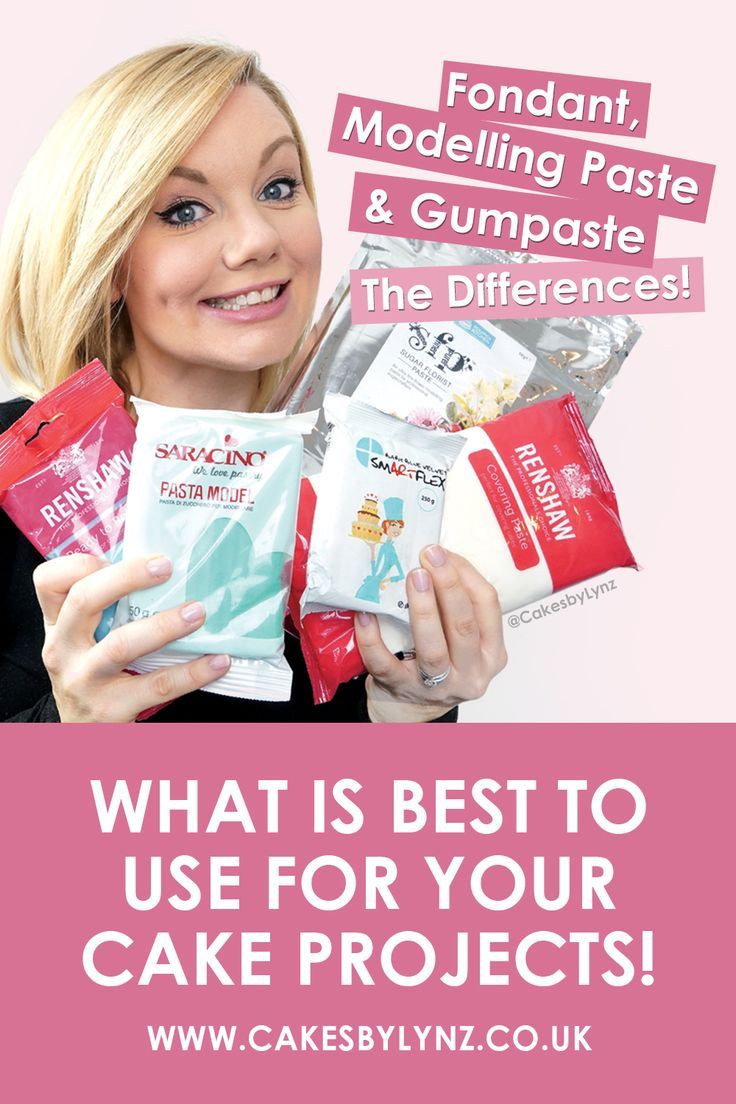
The texture of fondant and gum paste is one of their most noticeable differences:
- Fondant:
- Fondant has a dough-like consistency when fresh, which allows it to be rolled out and draped over cakes with ease.
- It's somewhat pliable, meaning it can cover cakes, be sculpted into simple shapes, and can be eaten as part of the cake.
- However, fondant tends to crack or tear if stretched too far or when applied over large areas.
- Gum Paste:
- Gum paste is much firmer and less flexible than fondant. It dries hard and becomes brittle.
- Its stiff nature allows for fine detailing, but it's not ideal for covering cakes since it doesn't have the stretchability of fondant.
🍰 Note: For cake covering, opt for fondant to achieve a smooth finish. Use gum paste for more delicate, detailed decorations that require stability.
2. Usage and Drying Time
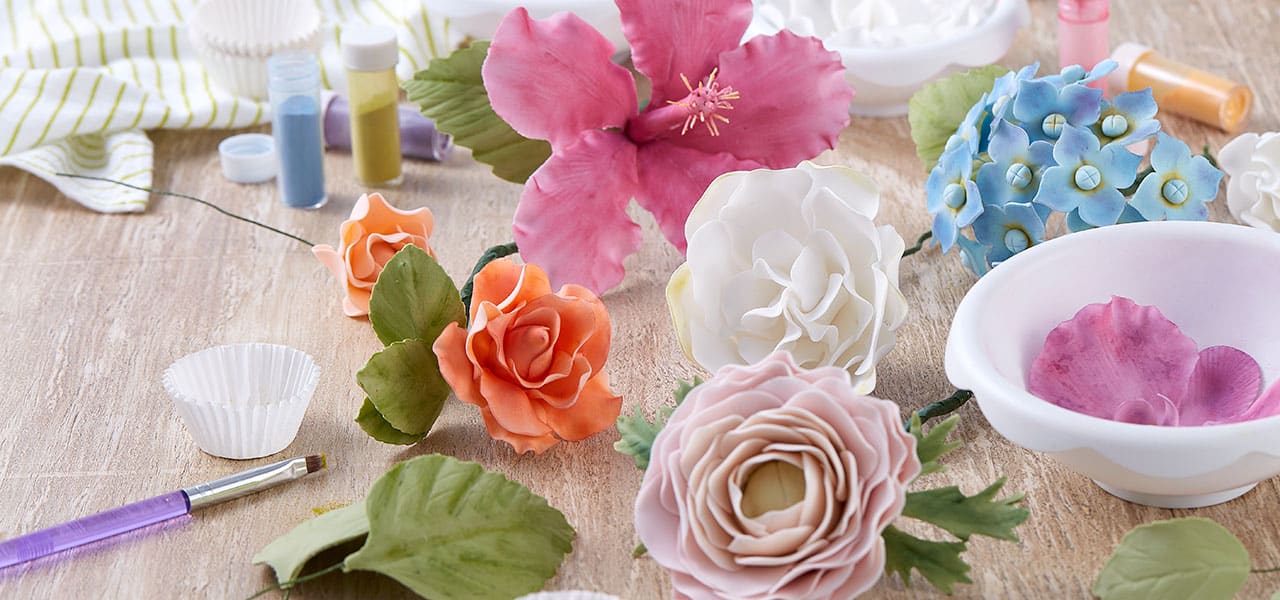
How you intend to use these materials will dictate your choice:
- Fondant:
- Fondant dries slower than gum paste, making it suitable for applications that require some time to work, like covering a cake or creating larger decorations.
- It will take several hours to a day to dry depending on the thickness and humidity of your environment.
- Gum Paste:
- Gum paste dries very quickly, usually within 30 minutes to an hour, which is ideal for small, detailed decorations like flowers, leaves, or figurines.
- This rapid drying time means that mistakes can be costly, but once dry, the decorations are extremely durable.
3. Edibility and Taste
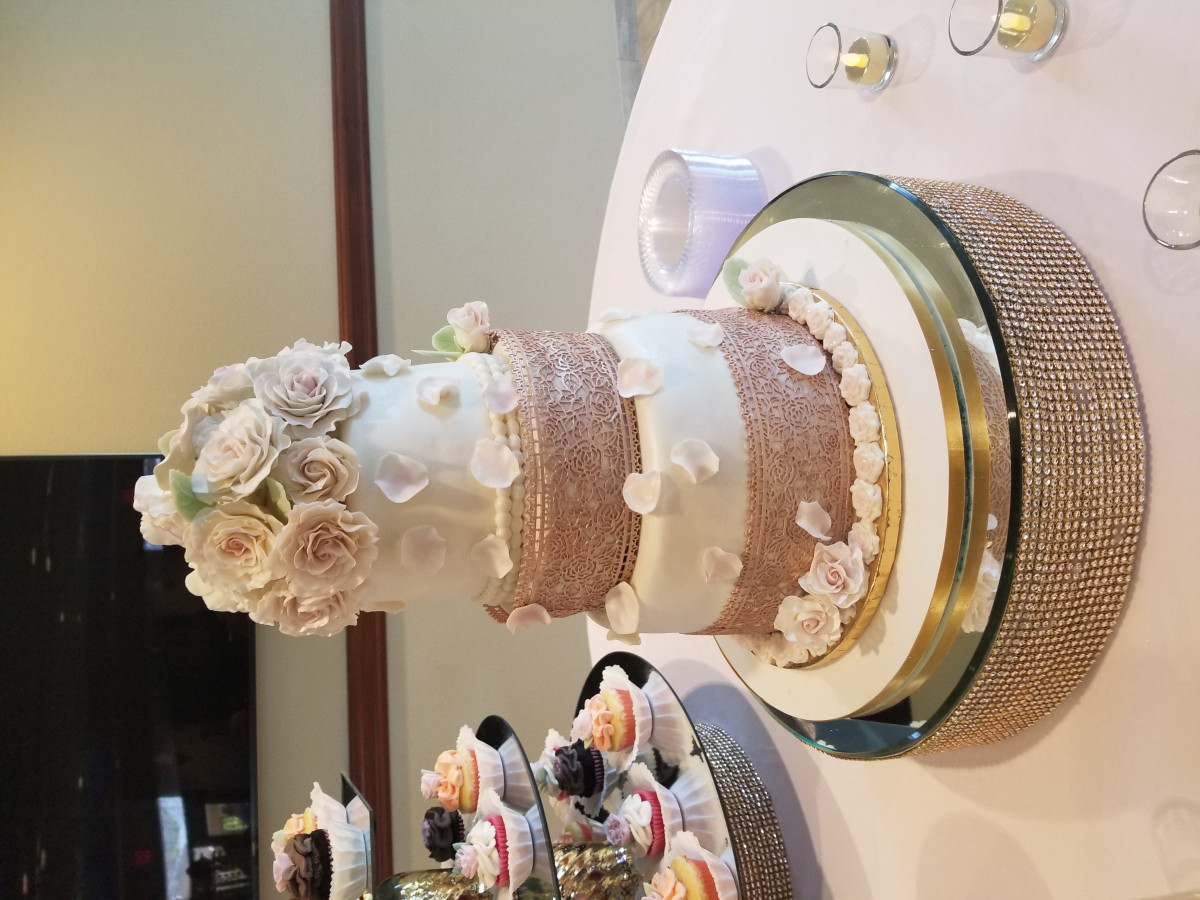
Here's where the paths of fondant and gum paste diverge noticeably:
- Fondant:
- While not everyone loves the taste, fondant is edible. It’s usually flavored with vanilla or chocolate to improve its taste, making it an acceptable part of the cake's consumption.
- It can be colored, flavored, and even painted to match the cake's theme.
- Gum Paste:
- Gum paste, though technically edible, is not really meant to be eaten. Its main purpose is decorative, and its drying agents can make it taste chalky or unpleasant.
- Decorations made from gum paste are often used to adorn cakes but are removed before serving.
4. Strength and Detail
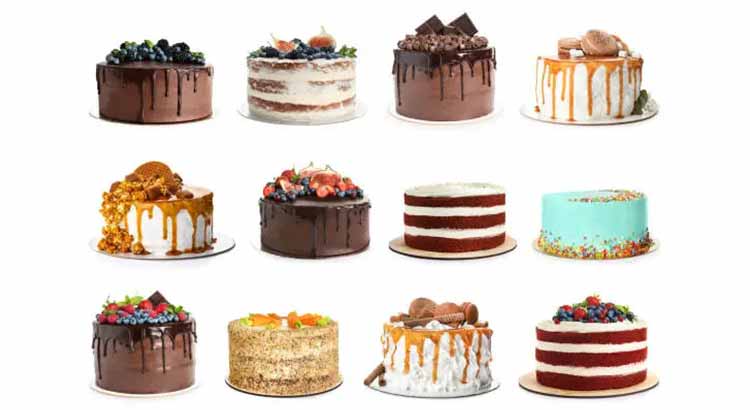
The strength and detail capabilities also differ between the two:
- Fondant:
- Fondant is stronger and can be used to cover cakes without tearing or requiring extensive support.
- It’s harder to achieve fine details because of its pliability; however, it can be manipulated into basic shapes like bows or basic flowers.
- Gum Paste:
- Gum paste can be rolled out very thin and hold intricate details such as veining on leaves, petal separation on flowers, or even lace patterns.
- Its drying time allows decorators to keep and manipulate fine details, but its brittleness means that these decorations often need some form of support.
🍃 Note: Use gum paste for delicate floral or lace work where fine detail and realistic texture are crucial.
5. Availability and Preparation

The way you acquire and prepare these materials is quite different:
- Fondant:
- Fondant is widely available at baking supply stores, grocery stores, and online in various flavors, colors, and quantities.
- It can be made from scratch, but commercial fondant is often more consistent in texture and easier for beginners to work with.
- Gum Paste:
- Gum paste is less commonly found in standard retail outlets and is often purchased from specialty baking stores or online suppliers.
- It requires precise preparation, including the addition of tylose powder or CMC powder to achieve its unique properties.
| Attribute | Fondant | Gum Paste |
|---|---|---|
| Texture | Pliable, dough-like | Firm, brittle when dry |
| Usage | Covering cakes, simple decorations | Fine detailing, small, intricate pieces |
| Drying Time | Slower | Rapid |
| Edibility | Generally edible | Decorative, not meant to be eaten |
| Detailing | Basic shapes | Intricate details |

As we've seen, each material has its unique advantages, making them suitable for different aspects of cake decorating. Fondant shines in covering cakes and creating simpler decorations, while gum paste excels in the realm of fine detail and complex structures.
Can I mix fondant and gum paste together?
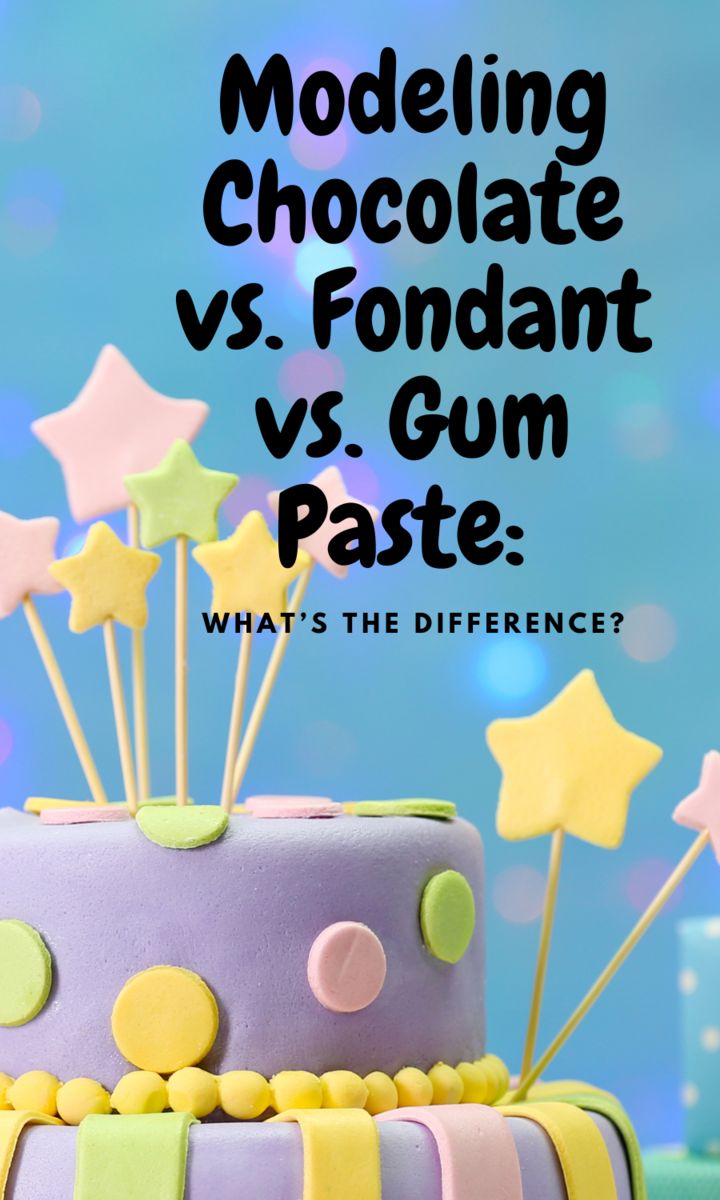
+
Yes, you can mix fondant and gum paste to get the best of both worlds – the pliability of fondant and the strength of gum paste. This mixture is often used for cake decorations that need both durability and flexibility.
Is it hard to learn how to use gum paste?
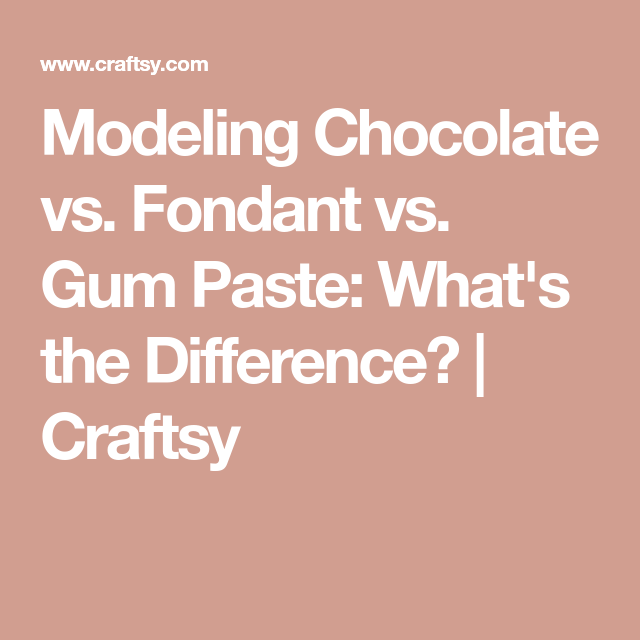
+
Working with gum paste requires a bit of a learning curve due to its quick drying time and brittleness. However, with practice, you can achieve stunning results, especially in fine detailing.
How can I store fondant and gum paste?
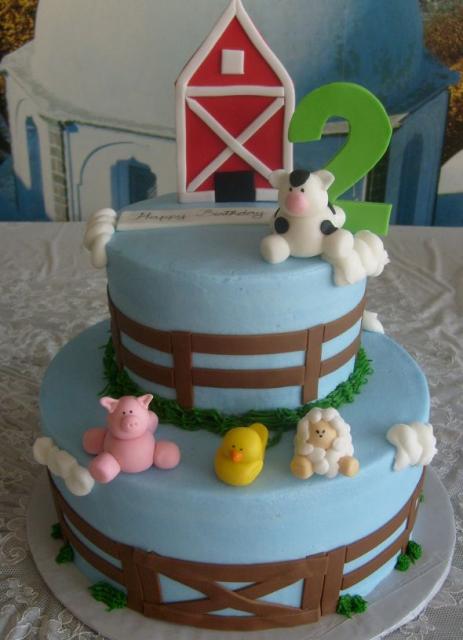
+
Store both fondant and gum paste in airtight containers at room temperature. Fondant can also be frozen for longer storage, while gum paste decorations should be kept dry once finished.
Can I paint on fondant or gum paste?

+
Yes, both fondant and gum paste can be painted with food-safe colors once dry. Gum paste, due to its smooth finish, often provides a better canvas for painting.
What tools do I need to start working with these materials?
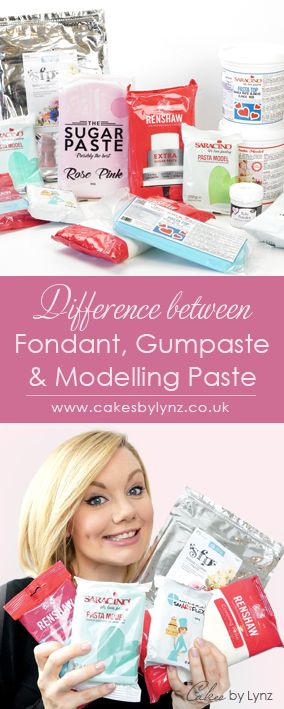
+
Basic tools include a rolling pin, fondant smoother, different sizes of cutting wheels, modeling tools, and a set of gum paste veining tools for detailed work. More advanced tools like silicone molds, flower formers, and a ball tool can be very useful as you progress.



